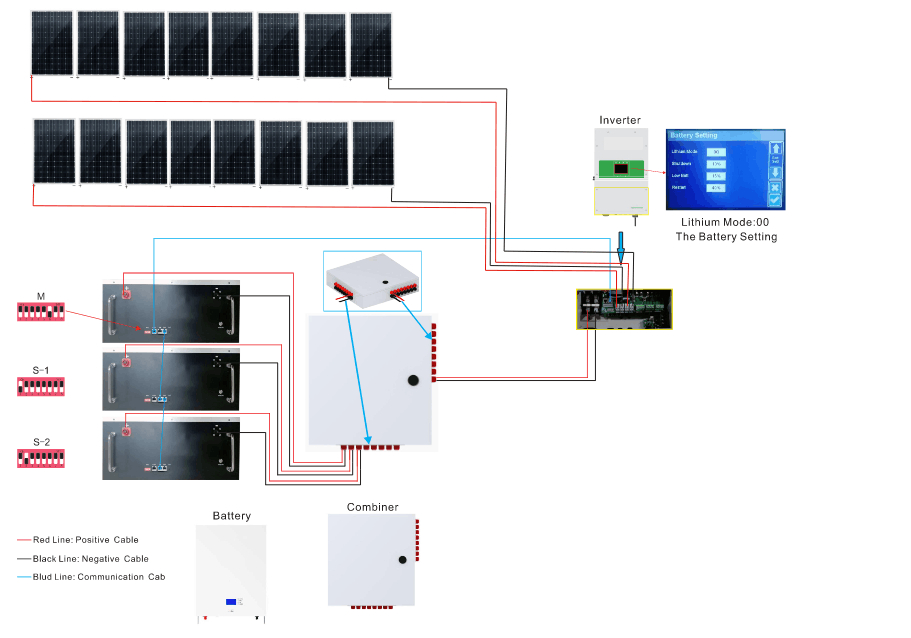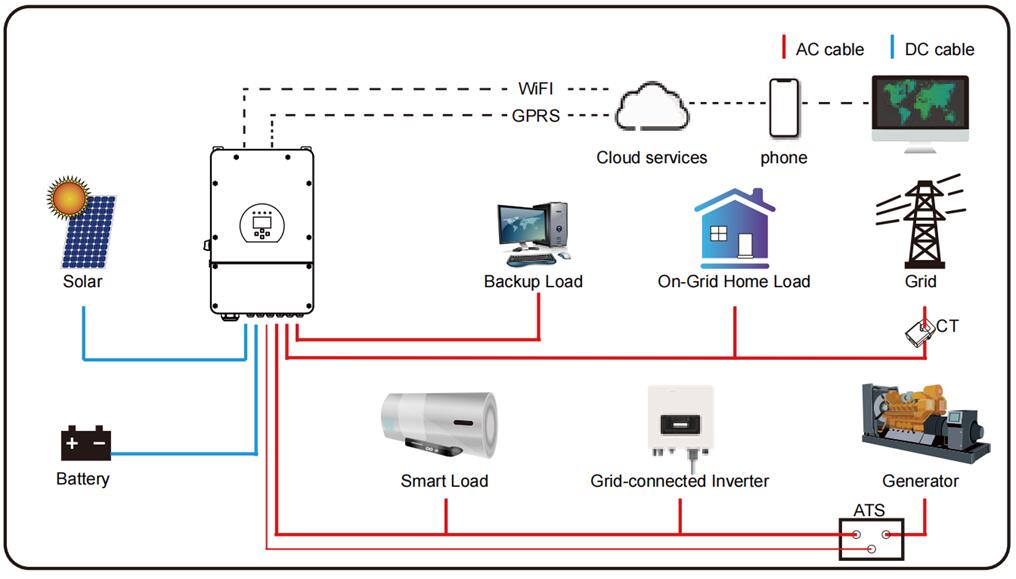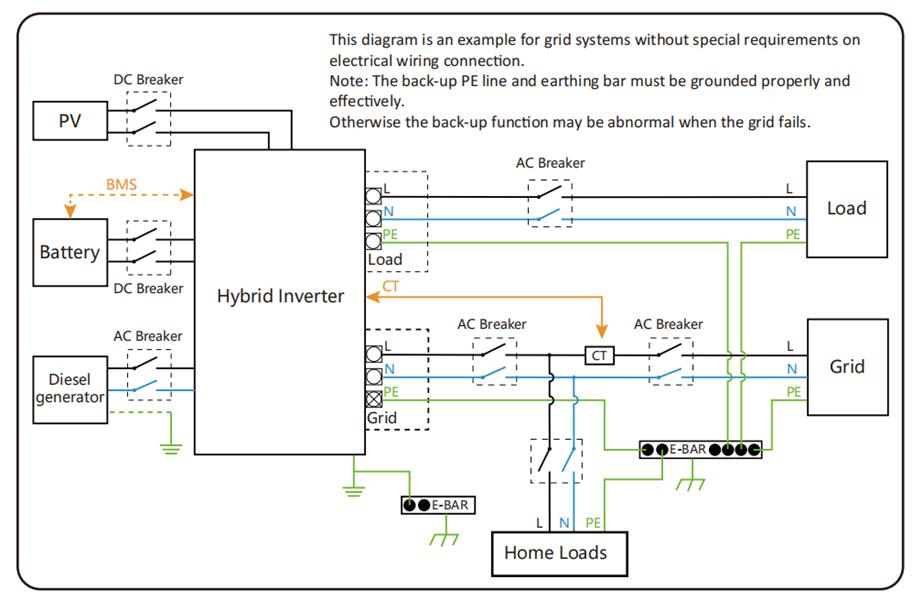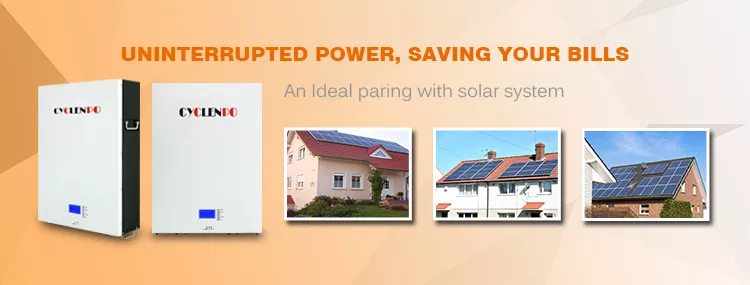What is energy storage and how does it work?
An energy storage system allows you to capture heat or electricity, usually from a renewable energy system, when it is available, and store that heat or electricity for later use. The most common energy storage systems include batteries, thermal batteries, and thermal storage.Home energy storage systems store the electricity or heat generated so that you can use that energy when you need it.Electricity can be stored in batteries or converted to heat and stored in thermal batteries. Heat can also be stored in a thermal battery or thermal storage, such as a thermos.Energy storage is useful for people who generate their own renewable energy because it allows them to use more low-carbon energy.

battery storage (for electricity)
Batteries help you make the most of renewable electricity from solar photovoltaic (PV) panels, wind turbines or hydroelectric systems. For example, the electricity generated by solar PV panels during the day can be stored in batteries and used to boil a kettle or watch TV at night when the solar PV panels are no longer generating electricity.
The battery size and its cost will depend on your current energy usage and the size of any power generation technology you have installed. If you plan to buy an electric car or use a heat pump to heat your home, you may also want to plan for future electricity usage.

What are the benefits of battery home energy storage?
In addition to storing electricity generated by your home's renewable technology, batteries can also be used to store electricity purchased from the grid at a cheaper time of day. This can reduce your reliance on more expensive electricity during peak hours, and some places even allow you to "sell back electricity" during those hours.
Most power storage systems offer smart management that allows you to track energy usage online.

Will installing batteries save money?
If you have renewable technology, installing batteries will save you electricity bills because you will be less reliant on grid power. You need to weigh the potential savings against installation costs and battery life. Battery technology is constantly evolving, and as technology improves, batteries are expected to last longer.
When you talk to your installer, ask them to quantify projections about lifespan and cost savings to make sure you fully understand whether following home storage batteries will save you money before signing any contracts. You may save even more money if you combine the installation with the benefits of smart time-of-use tariffs.
